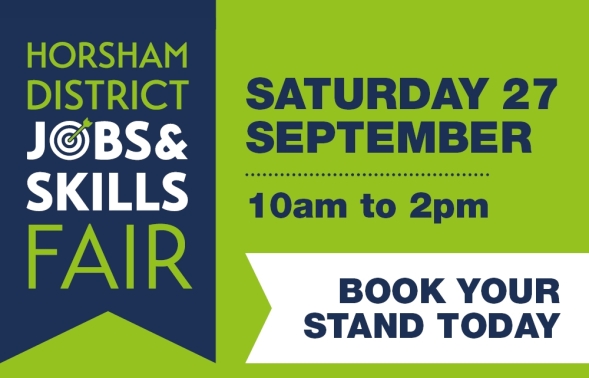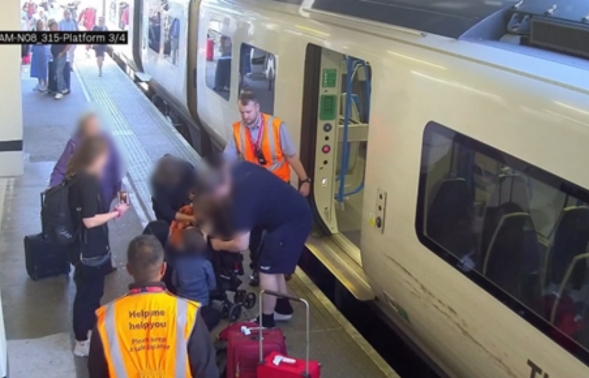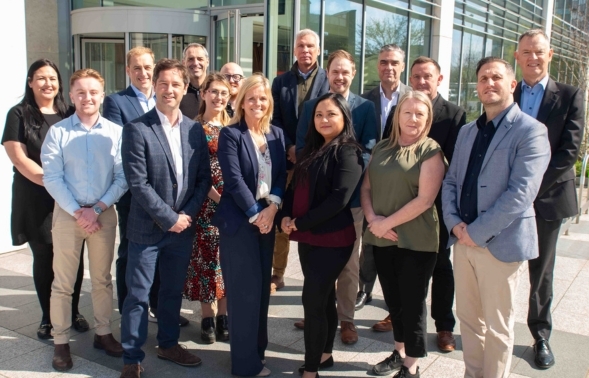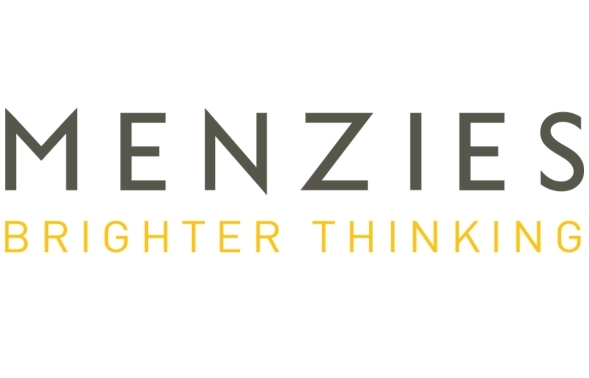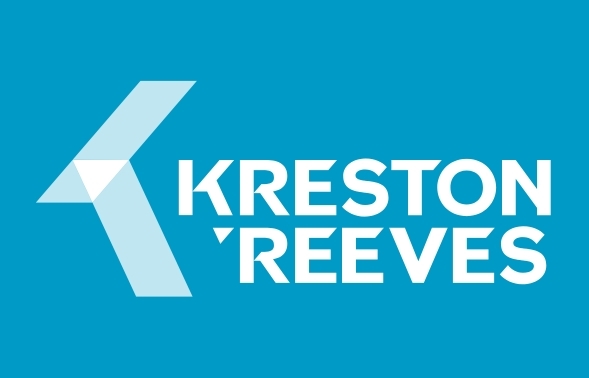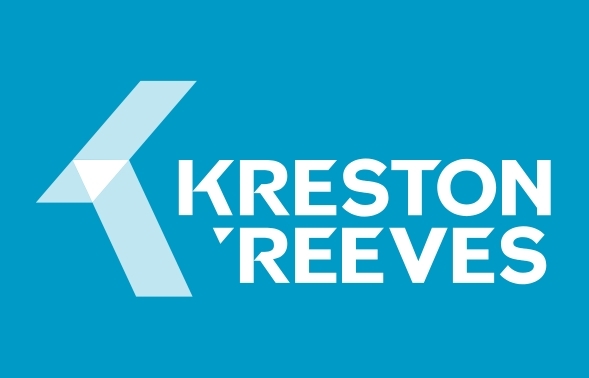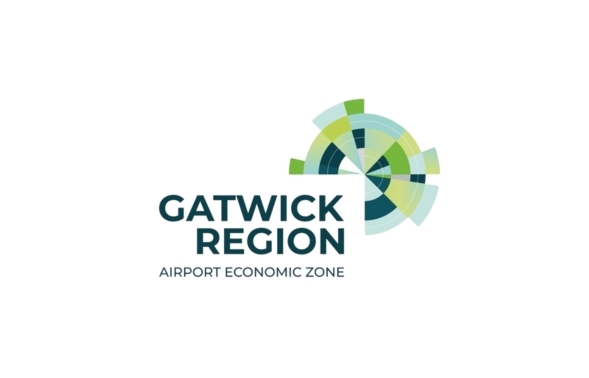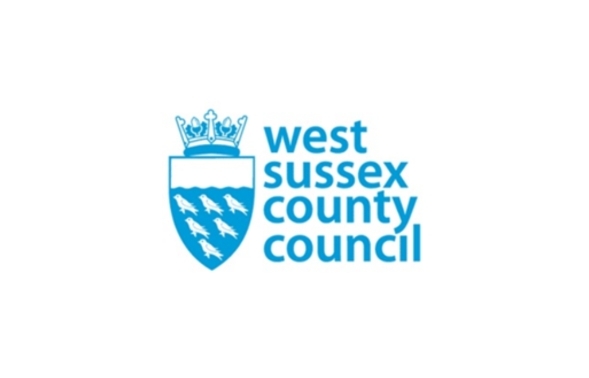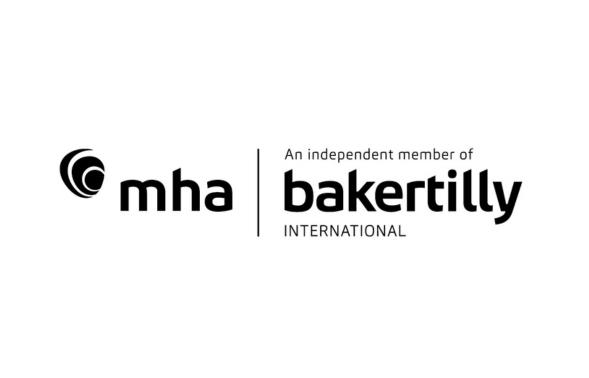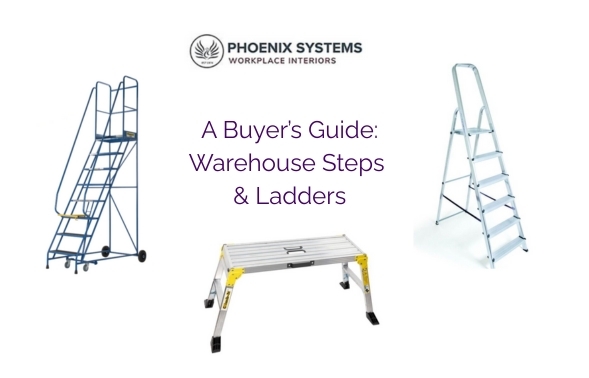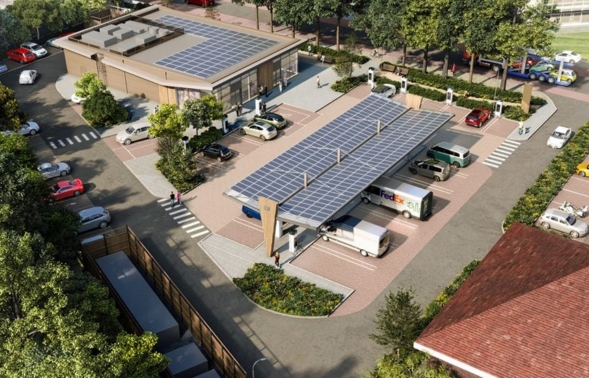Welcome...
...to June's Tax Tips & News, our newsletter designed to bring you tax tips and news to keep you one step ahead of the taxman.
The sun is shining, Boris has delayed our freedom a little bit longer, but things are definitely on the up.
Our team are starting to return to the office (enjoying the shiny new coffee machine!) and we are looking forward to our annual summer lunch on Friday 25th June. The office will be closed for for the afternoon on this date.
We would like to welcome all the new clients who have joined us in the last month.
HMRC's VAT Deferral New Payment Scheme to close this month
Businesses that deferred VAT payments last year have less than a month left to join online and pay in monthly instalments under the VAT Deferral New Payment Scheme, HMRC has warned.
The online portal for the new payment scheme will close on 21 June 2021.
Over half a million businesses deferred £34 billion in VAT payments due between March and June 2020 under the VAT Payment Deferral Scheme. Businesses had until 31 March 2021 to pay this deferred VAT or, if they could not afford to do so, they could go online from 23 February to set up a new payment scheme and pay by monthly instalments to spread the cost.

Should my company purchase or lease an electric or low emission car?
Until recently, company cars have been unpopular because of the high benefit in kind (BIK) charges associated with them, and it has been simpler and more tax efficient for employees and directors to claim business mileage. However, the Government is committed to ending the sale of new petrol and diesel cars in the UK by 2030, which has led to the introduction of tax incentives to encourage the use of environmentally friendly cars.
An ultra- low emission vehicle (ULEV) is one that emits less than 50g/km CO2.
The new rules that apply to ULEVs mean that it can now be tax efficient to opt for the company to buy or lease such a car on behalf of an employee or director.
Click here to find out more about the tax benefits and costs of company ULEVs

Trade credit insurance scheme to close
The temporary Trade Credit Reinsurance (TCR) scheme that helped struggling supply chain firms secure insurance protection during the pandemic will close at the end of June, it has been confirmed.
In a statement, the government and the Association of British Insurers said the scheme will close on 30 June as planned.
The TCR scheme was designed as a temporary solution to companies struggling to get insurance cover for transactions because of the pandemic.
The government says the TCR has directly benefitted over half a million businesses but is now ending in the context of a positive outlook for economic recovery in 2021.
Participating insurers have indicated to the government that the scheme is no longer required and they are keen to take back full underwriting control.
The government says it will work with participating insurers to ensure there is a smooth transition to the private sector resuming its normal role of providing cover.
For more information click on this link
Forms P11D - reporting employee benefits
The forms P11D which report details of benefits and some expenses provided to employees and directors for the year ended 5 April 2021, are due for submission to HMRC by 6 July 2021. The process of gathering the necessary information and completing the forms can take some time, so it is important that this process is not left to the last minute.
Employees pay tax on benefits provided as shown on the P11D, generally via a PAYE coding notice adjustment or through the self assessment system. Some employers 'payroll' benefits and in this case the benefits do not need to be reported on forms P11D but employers should advise employees of the amount of benefits payrolled.
In addition, regardless of whether the benefits are being reported via P11D or payrolled the employer has to pay Class 1A National Insurance Contributions at 13.8% on the provision of most benefits. The calculation of this liability is detailed on the P11D(b) form. The deadline for payment of the Class 1A NIC is 19th July 2021 (or 22nd for cleared electronic payment).
If you would like any help with the completion of the forms or the calculation of the associated Class 1A NIC please get in touch.
Please click here for further information
Advisory fuel rates for company cars
New company car advisory fuel rates have been published and took effect from 1 June 2021.
The guidance states: 'You can use the previous rates for up to one month from the date the new rates apply'. The rates only apply to employees using a company car.
The advisory fuel rates for journeys undertaken on or after 1 June 2021 are: CLICK HERE
Fifth SEISS grant will be open to claims from late July
HMRC has confirmed that the fifth Self-employment Income Support Scheme (SEISS) grant covering the period May 2021 to September 2021 will open to claims from late July.
To be eligible for the grant, an individual must be self-employed or a member of a partnership. They must have traded in the tax year 2019/20 and submitted their tax return on or before 2 March 2021, and also have traded in the tax year 2020/21. Claimants must either be currently trading but are impacted by reduced demand due to coronavirus or have been trading but are temporarily unable to do so due to coronavirus.
The amount of the fifth grant will be determined by how much an individual's turnover has been reduced in the year April 2020 to April 2021.
For more information click here
NIC reliefs set for Freeports
Freeport operators will be able to take advantage of a zero rate of secondary national insurance contributions (NICs) for employees, the government has announced.
The National Insurance Contributions Bill 2021, which legislates reliefs for those operating in Freeports, has now been published.
The Bill confirms that from April 2022, organisations with employees spending 60% or more of their time in a Freeport site will be eligible for relief on secondary Class 1 NICs for 36 months. The relief will be available to new employees earning up to £25,000 per annum.
In 2020 the government consulted on proposals to create up to ten Freeports across the UK. A UK Freeport will be a geographical area with a diameter up to 45km which is closely linked to a seaport, airport or rail port. East Midlands Airport, Felixstowe and Harwich, Humber, Liverpool City Region, Plymouth and South Devon, Solent, Teesside and Thames have been successful in the Freeports bidding process for England.
Further information can be found here.

Effectiveness of OTS set to be reviewed by Treasury
The Treasury has launched a review into the effectiveness of the Office of Tax Simplification (OTS), the independent body responsible for helping to make the UK tax system simpler and easier to interact with for taxpayers.
In a new call for evidence, the Treasury said that whilst the review is internal, it is keen to gather the views that stakeholders, businesses, tax professionals and academics have on the OTS.
Please click here for more information
Government confirms start date for Plastic Packaging Tax
The UK government has confirmed that its plastic packaging tax (PPT) will come into force on 1 April 2022.
The PPT will be charged at a rate of £200 per metric ton of chargeable plastic packaging components of a single specification.
It will apply to plastic packaging components manufactured in or imported into the UK.
Plastics covered by the tax include bioplastics, including biodegradable, compostable and oxo-degradable plastics.
The tax will not be chargeable on plastic packaging which has 30% or more recycled plastic content, or where the packaging is made of multiple materials of which plastic is not proportionately the heaviest when measured by weight.
This includes importers of packaging which already contain goods, such as plastic bottles filled with drinks and where the imported packaging already contains other goods as the tax only applies to the plastic packaging itself.
The introduction of the plastic packaging tax is designed to encourage the use of recycled rather than new plastic within plastic packaging and will in turn stimulate increased levels of recycling and collection of plastic waste, diverting it away from landfill or incineration.

June / July key tax dates
19th June- Deadline for postal payments of CIS/NICS/PAYE to HMRC (22nd for electronic submissions)
5th July - Deadline for reaching a PAYE Settlement Agreement for 2020/21
6th July - Deadline for forms P11D and P11D(b) for 2020/21 to be submitted to HMRC and copies to be issued to employees concerned.
6th July - Deadline for employers to report share incentives for 2020/21
Further information can be found here.
